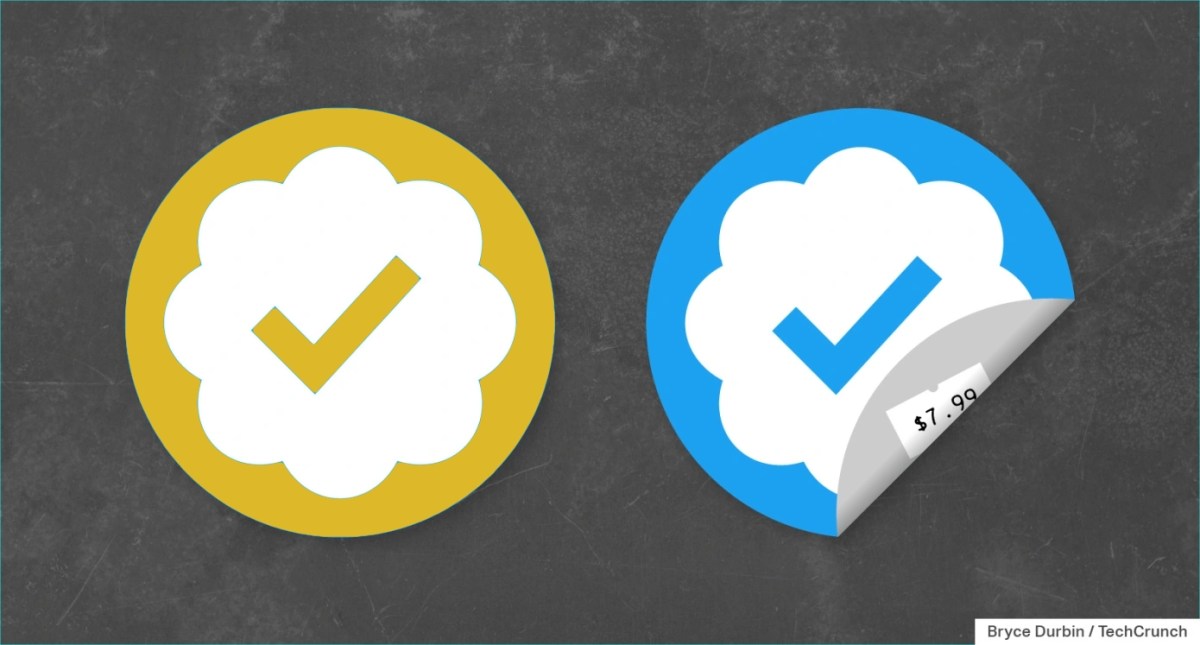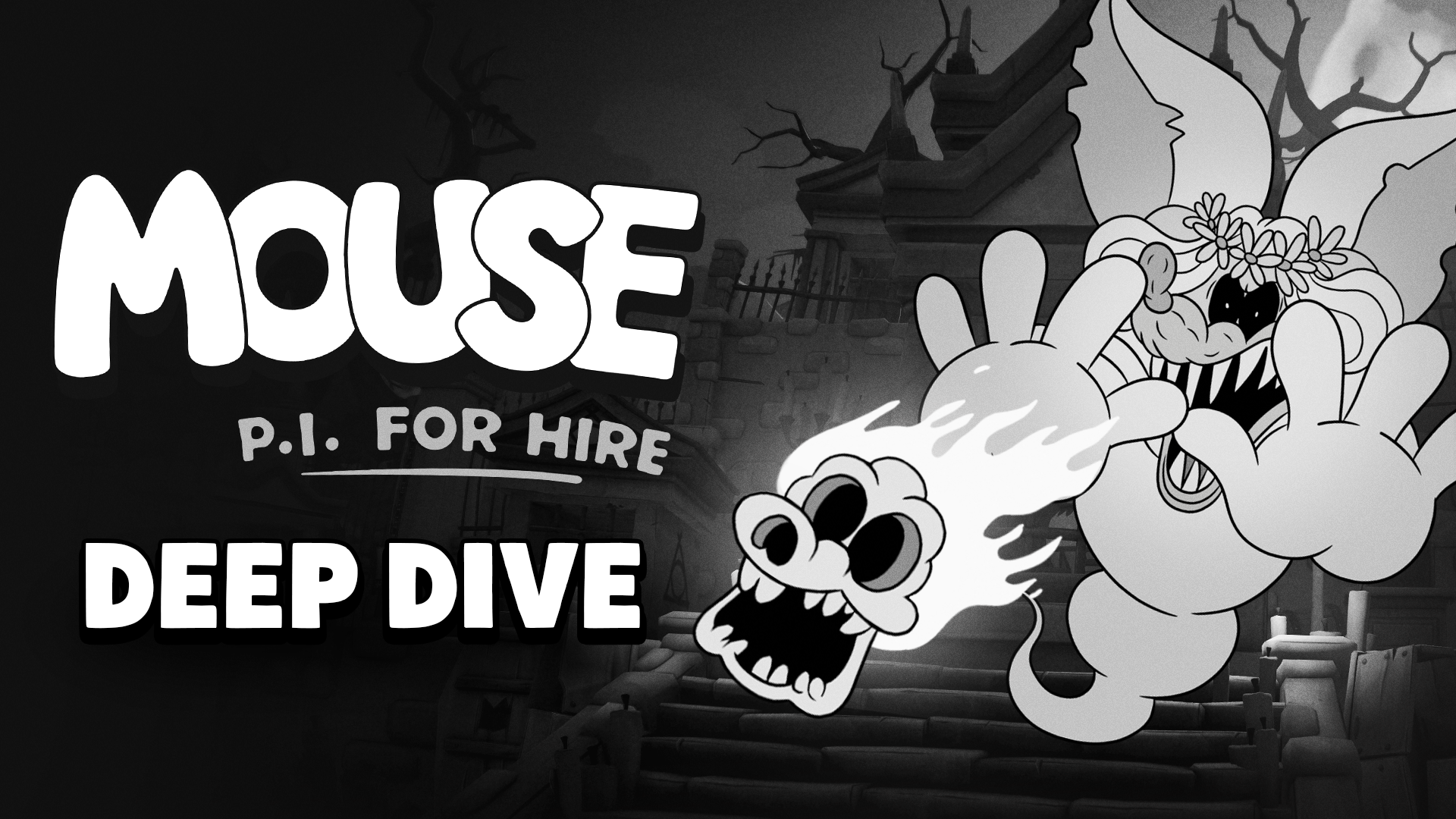

The International Game Developers Association (IGDA) has announced the first major update to its ‘game crediting policies’ guide in a decade, in hope of improving crediting standards across the video game industry.
Its ‘Game Credits Special Interest Group’ (SIG) recognises inconsistencies throughout the industry – not only from “game to game” but also in the same companies. According to SIG, employees can often be “mislabeled, unlabeled, or left off” credits even if they “spent years of their life” bringing a game to life, and this can impact “career and award” chances.
The credits, engineering and accessibility SIGs are also working on an open-source toolkit for Unity and Unreal developers, which will allow users to create “easily-updatable UI and text-based scrolling credits” that scale to teams’ needs. You can learn more here.
These efforts are supported by the results of a survey, as reported by IGDA Analytics SIG:
“51.3% of respondents either “never,” “seldom,” or “sometimes” receive official credit for their efforts. Additionally, 83.1% of respondents indicated “unsure” or “no” when asked if their employer or client had a game credits policy in place.”
A second version of IGDA’s crediting policy is already being assembled and will be revised based on peer feedback received at a recent GDC roundtable. IGDA has also launched a new hashtag #FixGameCrediting to help “focus discussion” and rally together the entire industry.
“We hope these efforts will enable and empower teams across the globe to pursue accurate, consistent, and faithful crediting, celebrating the contributions teams make to the games we all love.”
It follows a series of high-profile video game releases in recent years not crediting current and past team members.

The International Game Developers Association (IGDA) has announced the first major update to its ‘game crediting policies’ guide in a decade, in hope of improving crediting standards across the video game industry.
Its ‘Game Credits Special Interest Group’ (SIG) recognises inconsistencies throughout the industry – not only from “game to game” but also in the same companies. According to SIG, employees can often be “mislabeled, unlabeled, or left off” credits even if they “spent years of their life” bringing a game to life, and this can impact “career and award” chances.
The credits, engineering and accessibility SIGs are also working on an open-source toolkit for Unity and Unreal developers, which will allow users to create “easily-updatable UI and text-based scrolling credits” that scale to teams’ needs. You can learn more here.
These efforts are supported by the results of a survey, as reported by IGDA Analytics SIG:
“51.3% of respondents either “never,” “seldom,” or “sometimes” receive official credit for their efforts. Additionally, 83.1% of respondents indicated “unsure” or “no” when asked if their employer or client had a game credits policy in place.”
A second version of IGDA’s crediting policy is already being assembled and will be revised based on peer feedback received at a recent GDC roundtable. IGDA has also launched a new hashtag #FixGameCrediting to help “focus discussion” and rally together the entire industry.
“We hope these efforts will enable and empower teams across the globe to pursue accurate, consistent, and faithful crediting, celebrating the contributions teams make to the games we all love.”
It follows a series of high-profile video game releases in recent years not crediting current and past team members.






